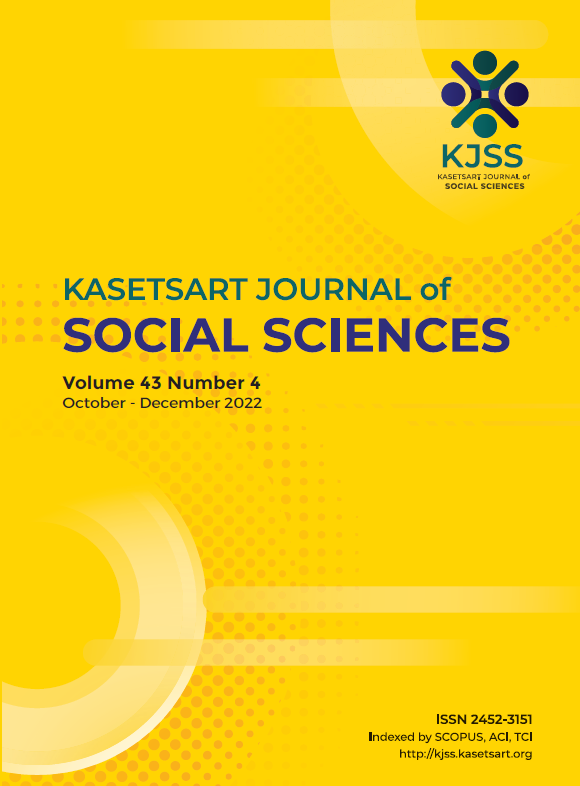Deploying AI in taking down Indonesian regulatory problems: A study on early pandemic regulations
Keywords:
administrative law, agencies, AI, regulatoryAbstract
Indonesia depends on national and governmental regulations to ensure legal certainty and provide guidelines on how existing subjects of law must act in accordance with the laws. As the House of Representatives of The Republic of Indonesia (DPR RI) recently adopted systems to provide transparency on the law legislation process, they probably encountered the constantly changing nature caused by economic factors, social factors, and technological context. However, the sophistication and interest in Artificial Intelligence (AI) has rapidly increased. Thus, AI has the potential to bring game-changing contextual changes in Administrative Agencies. The authors of this paper examined how the government should incorporate and regulate AI, and how it can guide Indonesia in modernizing the public sector and introduce safeguards to govern the use and adoption of AI. The authors intended to analyze the challenges and potential benefits of using AI in Administrative Agencies by examining the usage and development of AI in the U.S. Federal agencies. Currently, incorporating AI can address Indonesia’s disruptive regulatory gaps and overlapping authorities; however, these obstacles also impede the successful incorporation of AI. Hence, the AI scheme in regulatory oversight will be able to reduce such problems only if the Indonesian government begins to adopt AI.
Downloads
Published
How to Cite
Issue
Section
License

This work is licensed under a Creative Commons Attribution-NonCommercial-NoDerivatives 4.0 International License.
This is an open access article under the CC BY-NC-ND license http://creativecommons.org/licenses/by-nc-nd/4.0/










